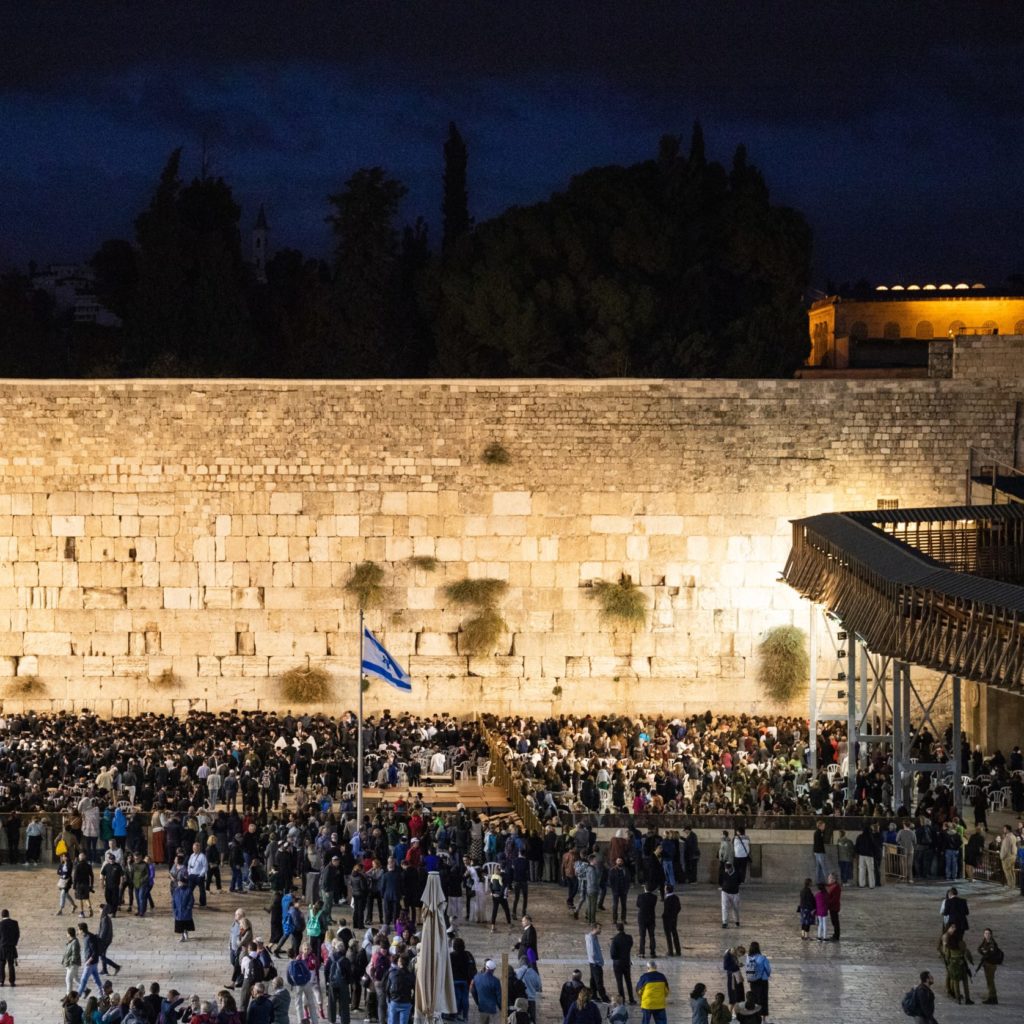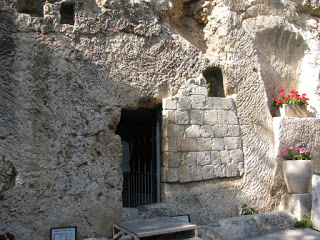Why We Should Choose Humility and Let Go of Pride
When we, as disciples of Christ, consider the rampant pride and sense of entitlement in our society today, it may be difficult to understand why we should choose humility and let go of our pride. Scripture, however, tells us God opposes the proud but pours out grace on the humble. (James 4:6) For those who follow Jesus, humility is not optional. Choosing Humility Isn’t Always Easy Moses was described by God at the most humble man on earth, (Numbers 12:3) but he probably wasn’t the most humble as a youth in Pharaoh’s court. His murderous departure from promience to forty years of anonymity in the wilderness changed him. Those decades spent tending sheep provide a much-needed lesson in humility. In the wilderness, no one bowed before him, served him the choicest foods, or stood guard over him. Instead, he knelt before his sheep to tend and care for them. Moses sought out the choicest pastures for his rambling charges, chased them over rocky hills, and guarded the herd with his life. It was hard work, often frustrating, and sometimes heart-breaking. Moses left his life of elegance and glamour behind and embraced simplicity and faith. It changed him to his core, and he never went back to his old life. Instead, he embraced the life for which God created him and led millions of his fellow Hebrews to the freedom God promised Abraham. Why should we choose humility? The word translated as humble indicates a person with a modest, lowly opinion of himself, someone who prefers to bear an injury than to cause one. We sometimes call a person with that mindset a “wimp,” but God calls them great. In our culture, humility is in scarce supply. Instead, society rewards those who are confrontational, arrogant and speak derogatory words toward others. We need look no further than the plethora of “viral” posts on the internet to see the truth of our craving for word-bashing. We think we know best, always, and that we’re entitled to our opinion without opposition. Or so we think. Pride abounds. In the perfect culture of God, humility abounds. In the perfect culture of God, we, His people, recognize He knows best. We bow to His authority and treat each other with respect and honor. In heaven. God is on His throne and everyone behaves as if they know it because they do. If we want to prepare ourselves for our life in eternity, we will choose humility now because, when we’re in heaven, we’ll humble ourselves and bow before Him. We, the body of Christ, would adopt a humble mindset now if we grasped the enormity of God. Moses didn’t wait for the Red Sea to part to become humble. It was burned into him through years of sacrifice, simple living, and hard work. Humility doesn’t come to us in fancy clothes, bespoke suits, or big bank accounts, but in the simplicity of a life of faith. It comes from following, not demanding the right to lead, and in seeing ourselves as we are before a great and mighty God. How to choose humility In some areas of American society today, the simple life is considered foolish, strange, unwieldy, and senseless. Our lives are often consumed with schedules, productivity, money, success in a twisted version of the American dream. What if we redefined success to include simple faith and simple living? What if a great city was one in which a vibrant community of like-minded individuals worked together to accomplish a greater good for every citizen? We may never redefine society but we can embrace a heart of humility and allow Jesus to change our lives, our priorities, and our definition of success. Even in this busy, mixed-up world of ours, we can choose humility, and we should. We begin by doing what Jesus said. Love God more than anything else and love our neighbor as much, and in the same way, as we love ourselves. When we move our focus from ourselves and our desires to God and His plans for our life, there’s not much room for pride. The blessings of humility Why should we choose humilty and love? Scripture tells us pride comes before a fall but God gives grace to the humble. Why choose the fall of pride when the grace of humility is freely available? There’s something that’s even better though. The seeds of humility in Moses’ heart grew into a deep relationship with God in which they spoke as man to man, friend to friend. No one else dared to risk it, but Moses walked into the presence of God and experienced grace on an entirely new level. We, too, can have the same relationship if we’re willing to let go of pride and embrace humility. Today, let’s ask God for a humble, gentle, Moses-style heart and embrace the simple faith that brings us into the presence of God and leaves us glowing from the impact of our time with Him. “But He gives a greater grace. Therefore it says, ‘God is opposed to the proud, but gives grace to the humble.” James 4:6 nasb While you’re here, check out these blog posts: How to Trust God in Hard Times The Benefits of Repentance What Does it Mean to Be Beloved? What Does it Mean to Be a Disciple of Jesus? Promises of God Fulfilled What Does Freedom in Christ Mean? What Does He Must Increase and I Must Decrease Mean? Thanks for reading “Why We Should Choose Humility” and sharing your time with us today. Before you go… Sign up for our twice-a-month newsletter to receive exclusive stories, freebies, and more. Leave a comment and share this post on your social media pages or through email. Bookmark our website so you can visit us often. Take a look t Today’s Encouragement before you go. We add to this every weekday. Follow us on Facebook, Twitter, and Pinterest Here’s an in-depth, life-changing digital Bible study to help you grow in your Christian faith: (This is
Why We Should Choose Humility and Let Go of Pride Read More »










